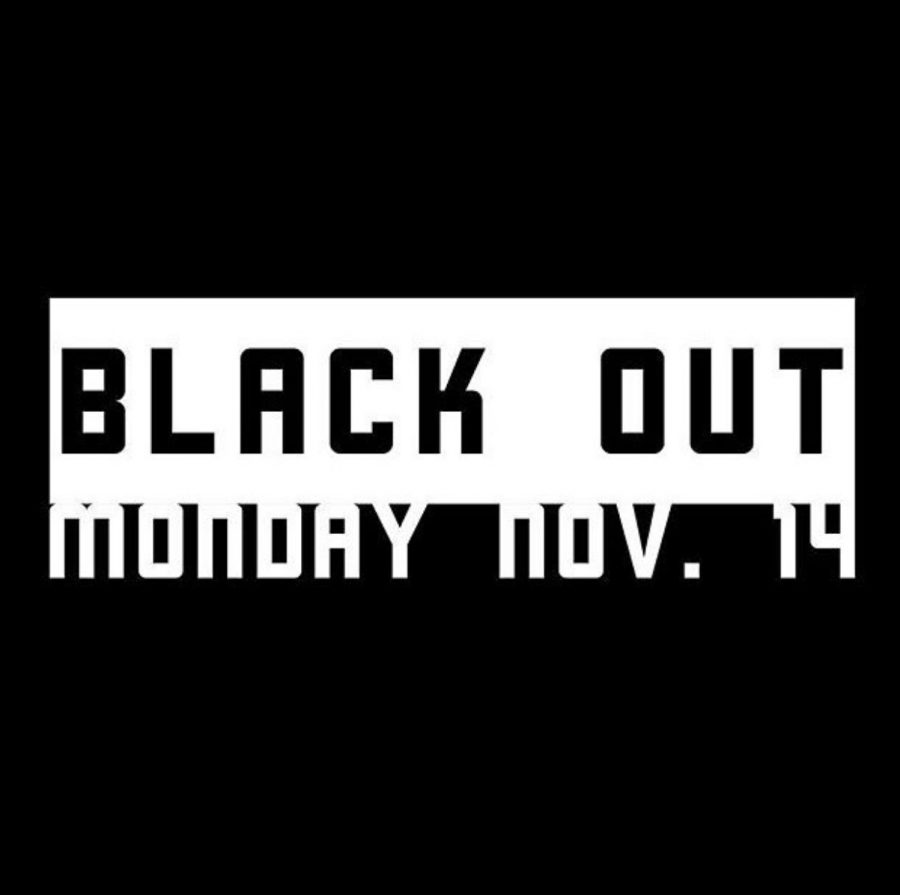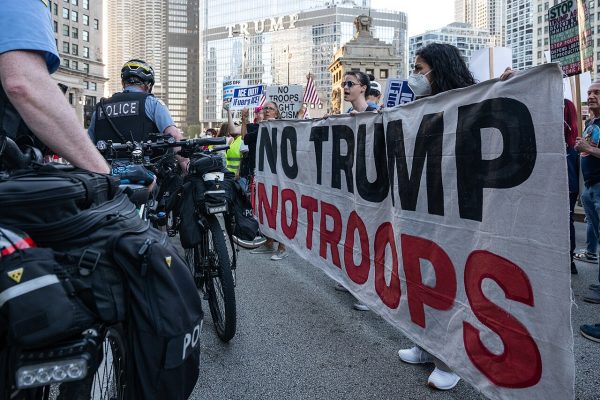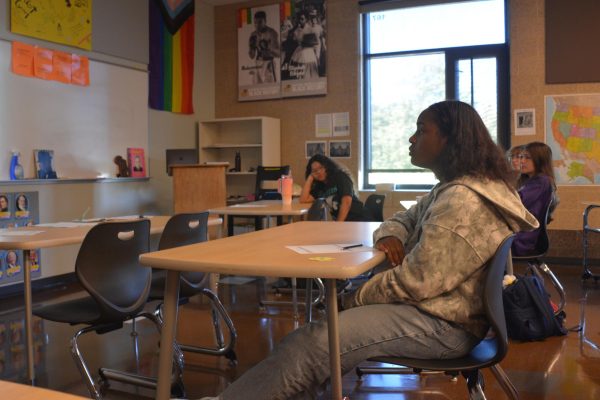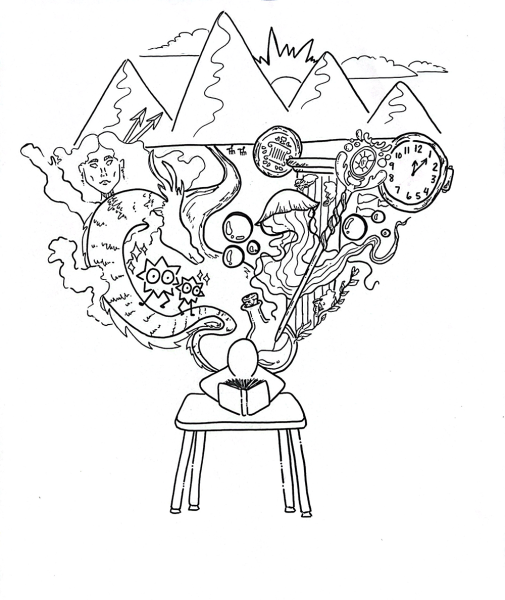Beachwood Students Respond to Shaker Heights Incident
“No, because they don’t work for it and as a culture they are scary, violent, rude and needy. They expect to be catered to.”
These were the words used in a text message sent by a Shaker Heights student the day after the election. It was a racist tirade, directed at African Americans.
Shortly after, Shaker Heights students Elena Weingard and Myahh Husamadeen were appalled by the racist message and posted a screenshot of the message on social media, where it exploded.
Through an extraordinary series of events, including a letter by the American Civil Liberties Union, a bomb threat that may or may not have been related with the incident, a walkout staged on Friday the 11th, and a blackout by both Beachwood and Shaker on the same day, Weingard and Husamadeen’s punishment has now been reversed.
According to the Shakerite coverage, Husamadeen’s mother met with Shaker Heights Principal Jonathan Kuehnle and came up with an alternative to her in-school suspension.
“I don’t think [Weingard and Husamadeen] should have been punished,” Shaker senior Ben Livingston said. “They were doing what they believed was right.”
The use of racially-charged language and racially-motivated violence have been increasingly common since the election and are part of a larger trend.
Since the election, there has been a nationwide increase in hate speech and graffiti. According to CNN, documented incidents include mosques getting letters promoting genocide, vandalism in New York City, verbal abuse of immigrants and more.
“I understand why the student who [publicized the messages] was punished based on Shaker policy,” Shaker senior Noah Gill said. “However, the other student didn’t tweet anything that would have exposed the original commentator’s privacy, not even the name, and therefore should not have been suspended. I know the suspension was overturned, but it was still a bad decision.”
“I do hope the Shaker administration tries to keep the student body more involved,” Livingston said. “I was surprised there wasn’t an assembly to talk about the subject, what with the bomb threats and online uproar.”
At Beachwood, students have also expressed strong opinions on the incident and its outcomes.
On Friday, Nov. 11, many Beachwood students joined Shaker Heights students in holding a blackout (where students wear black clothing) to protest the suspension. The blackout was organized through social media with information that was circulated primarily through Instagram.
Although the exact number is unclear, The Beachcomber estimates that over 100 students participated in the peaceful protest at Beachwood.
“I think the protest was a bit hard to notice,” said junior Gregory Glova, who participated in the blackout. “It was very subtle since a lot of people wear black to begin with, and I wouldn’t have noticed it if I hadn’t known about it beforehand.”
Junior Maxwell Rackmill, who also participated, agrees. “It was a [positive] sentiment and an organized way to peacefully protest the decision.”
“I was home sick, so I wasn’t publicly involved in the blackout, but I would’ve been involved otherwise to display peaceful protest against the outcome of that situation,” Beachwood junior Jayla Howard said.
“I just think both sides might have a point to some degree,” junior Jakin Wu said. “A point can be made that Husamadeen and Weingard shouldn’t have publicized the message on Twitter in the first place since it was originally private. However, I think that the school’s response in suspending the two girls was completely wrong and inappropriate given the circumstances.”
“I think that the Shaker school district didn’t handle it well for multiple reasons,” Howard continued. “The main reason is that the school is supposed to be a safe space where you don’t feel threatened, and a student bringing [racism] to the forefront of discussion should never result in consequences for the victim. The girls didn’t deserve to be punished for trying to feel safe in a place where they spend most of their teenage years.”
Shaker Heights principal Jonathan Kuehnle was contacted for comment but declined.

Jinle Zhu has been writing for The Beachcomber since her freshman year (2014). She has been the features editor and layout editor. She likes Photoshop...




![“My parents have always said that education is important. My parents are Chinese immigrants, I'm Chinese American, [and that's a] value that has always been ingrained in our community,” said Senior Lyndia Zheng, pictured with Tony Zheng](https://bcomber.org/wp-content/uploads/2025/10/DSC_4244-600x400.jpg)





